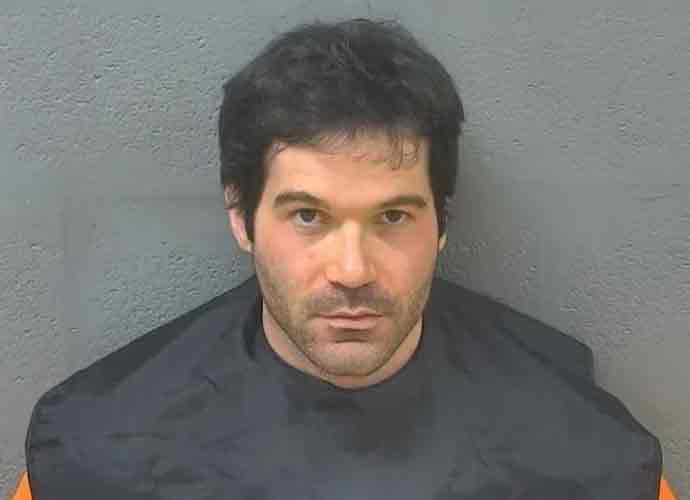Federal Judge Pauses Deadlines In Trump’s Classified Documents Case After Supreme Court’s Immunity Ruling
On Saturday, U.S. Federal District Judge Aileen Cannon, overseeing former President Donald Trump‘s classified documents case, paused several deadlines and approved additional briefings after Trump’s legal team requested a review of the U.S. Supreme Court’s ruling on presidential immunity.
After Trump’s lawyers filed a request on Friday, Judge Cannon set a two-week briefing schedule for those arguments and paused three unrelated filing deadlines scheduled during that period.
Her order is the latest result of the Supreme Court’s presidential immunity decision last Monday, which ruled that Trump could be granted broad immunity from criminal prosecution for certain “official” acts he took while in office.
While the ruling directly applies to his 2020 federal election interference case in Washington, D.C., it could potentially impact all four criminal cases against the former president.
Subscribe to our free weekly newsletter!
A week of political news in your in-box.
We find the news you need to know, so you don't have to.
On Friday, Trump’s legal team filed a document arguing that the Supreme Court’s immunity ruling grants Trump blanket immunity for his “official acts.”
They contended that his removal of classified documents from the White House and their relocation to his Mar-a-Lago resort in Florida consisted of an official act, and therefore, the charges brought by Special Counsel Jack Smith should be dismissed.
Trump’s attorneys requested to argue the immunity issues before Cannon between now and early September, which would effectively delay all aspects of the case for at least two months
The filings cited Justice Clarence Thomas‘s concurring opinion in the court’s immunity decision, which questioned Smith’s appointment and authority in the classified documents case. Trump’s team had previously sought to have the case dismissed on these grounds, arguing that Smith’s appointment was unconstitutional.
Smith has said that the Supreme Court’s decision does not apply to the classified documents cause because Trump took the documents as he was leaving office and obstructed FBI investigators from recovering them from Mar-a-Lago after his presidency ended.
Cannon’s order on Saturday does not specify a date for discussing the immunity issue but does grant a brief pause for two deadlines for Trump’s lawyers and one deadline for prosecutors.
The order grants Smith the option to file a submission on the use of classified information at trial in response to Trump’s request for a delay extension. The deadline for this submission is July 18.
Trump’s legal team is then scheduled to respond to the prosecution by July 21.
In response to Cannon’s order, a spokesperson for Trump stated, “Cannon has rightfully issued a stay and called for additional briefing on the application of the Supreme Court’s historic decision on Presidential Immunity,” and urged for the case to be “thrown out entirely.”
The Saturday order represents the latest delay in the federal case overseen by Cannon, who has yet to set a trial date. Criticism arose as she indefinitely suspended the trial’s start date, citing the need for more time to review pretrial motions from Trump’s legal team seeking dismissal of the case.
Cannon’s order adds to a busy schedule for Trump’s attorneys, who are working to minimize or dismiss two of the three pending criminal cases against him following the Supreme Court’s immunity ruling.
Last week, Judge Juan Merchan, overseeing Trump’s criminal hush money trial, ordered the July 11 sentencing hearing to be rescheduled to allow for briefing on Trump’s motion concerning the impact of the immunity ruling on the trial verdict.
Get the most-revealing celebrity conversations with the uInterview podcast!







Leave a comment